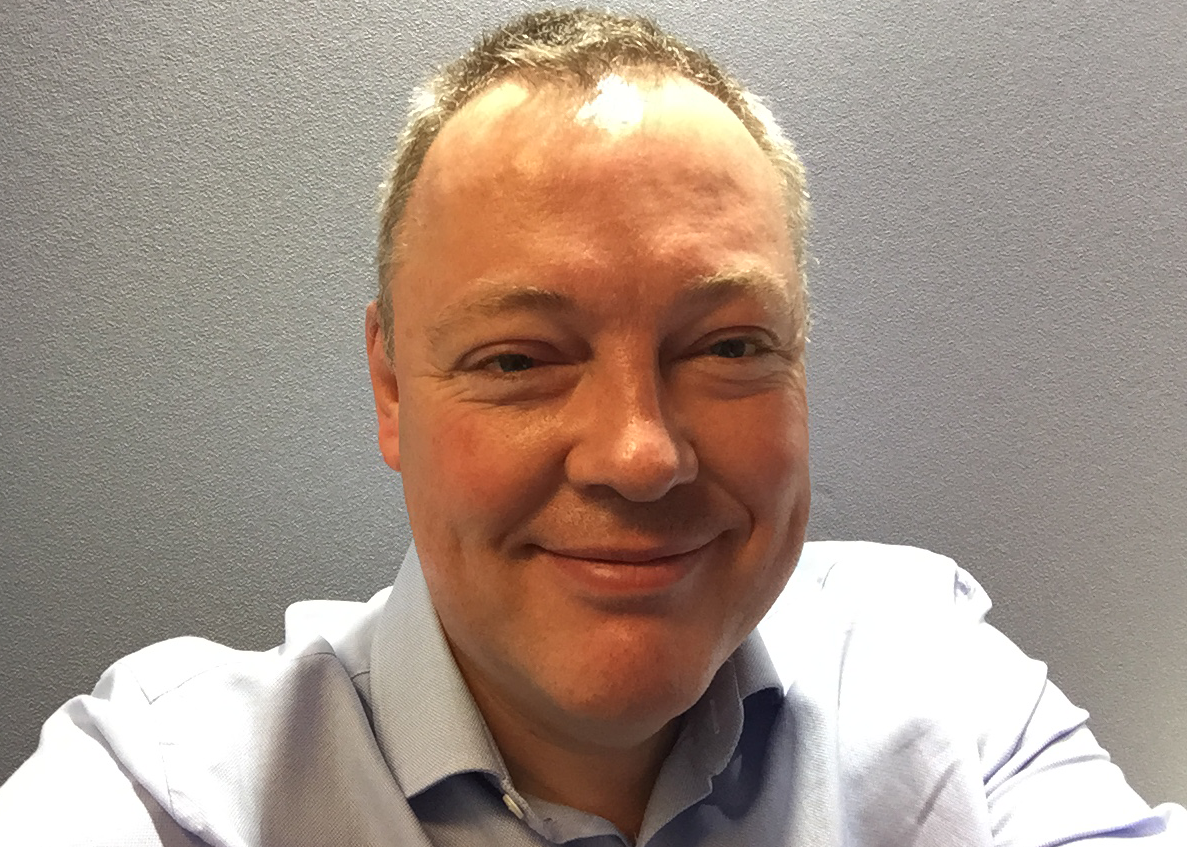Name: Nick Ringrose
Firm: Atkins
University: St John's College, Cambridge
Degree: BA (Hons) Starred First, M.A. (Hons)
Current Job Title: Head of Practices and Project Delivery, Aerospace, Defence, Security & Technology
Tell us a bit about your career journey.
It’s been quite an adventure I started out briefly working for the National Audit Office, but quickly moved to Imperial Chemical Industries (ICI) where I qualified as both a management accountant and corporate treasurer.
But I decided that I wanted to do something different, so joined Coopers & Lybrand’s management consultancy practice. I worked exclusively on private sector clients, but across lots of different areas – from designing and implementing shared services, to designing and implementing software, to improving finance functions, to cost reduction and post-merger integration.
At that point, I wanted a more regional career, so moved to KPMG. I had some real successes with cost reduction and business transformation, both client and supply-side, on the back of which I was fortunate enough to be made a partner in 2000.
I decided to leave KPMG after the consulting business was bought by Atos, and I had an interesting stint working for EDS (now HP) as a Vice President for EMEA Government, leading consultants working with outsourcing and technology on some mega-deals. Then I went through some personal challenges, and needed to find a UK job with less travel – so I joined PwC as a Partner in the Government & Public Sector Consulting practice, enjoying a number of years at PwC until in 2010 I decided to look for a new challenge. I had a great year at Turner & Townsend, and was then headhunted by Atkins.
On joining Atkins, I have just been seconded to a fantastic project working as the Head of Strategy, Transformation and People for a major, multi-party alliance – and it’s a fantastic opportunity for my career. It’s great that consultants continue to refresh and update their delivery skills in my view – otherwise we lose our relevance to clients.
Tell us a bit about the firm you work for.
Atkins is a great place to work, and the most collegiate organisation I have ever been employed by in nearly 30 years. It’s also one of the world’s most respected design, engineering and project management consultancies, with an extraordinary breadth of capabilities under one roof. The management consulting business is smaller than some of our competitors, but we manage to blend engineering, technology and consultancy skills in an innovative manner, and pride ourselves on being highly collaborative and client-centric.
How did you first become involved in the MCA?
“Eons” ago, I used to have occasional involvement with the MCA long before the current management team were in place. More recently, I wanted to contribute to some of the thinking on digital, the changing opportunity for consulting in terms of corporate social responsibility and the employee proposition which today’s consultants want. So I was put forward for, and fortunately accepted, as a member of the MCA Board. I’m also supporting the steering board looking to implement Chartered Management Consultant status.
What is the most interesting project you have worked on?
That’s a tough choice as I have been lucky. But the one that usually stands out for me was 15 years or so ago, when I helped a part of the MOD that repaired fast jets and helicopters to transform top-to-bottom – from how it managed its customers, to organisation structure, locations, technology, processes, culture, revenue streams, and attitude to risk. Nothing stayed the same, and it was a consultant’s dream to work with such a forward-thinking CEO and management team.
Do you have any advice in turn for aspiring young consultants? Or, what makes a good consultant?
Know what you want to be famous for, and at least for a while, stick to this. Get a copy of Steven Covey’s “Seven habits of highly effective people”. Then think about your personal brand, and try to manage it – but it an authentic way. Don’t ever try to bluff your way out of situations – it just gives consulting a bad name. Respect and enjoy your clients – the learning process is always two-way, and humility is important, as well as self-awareness.

